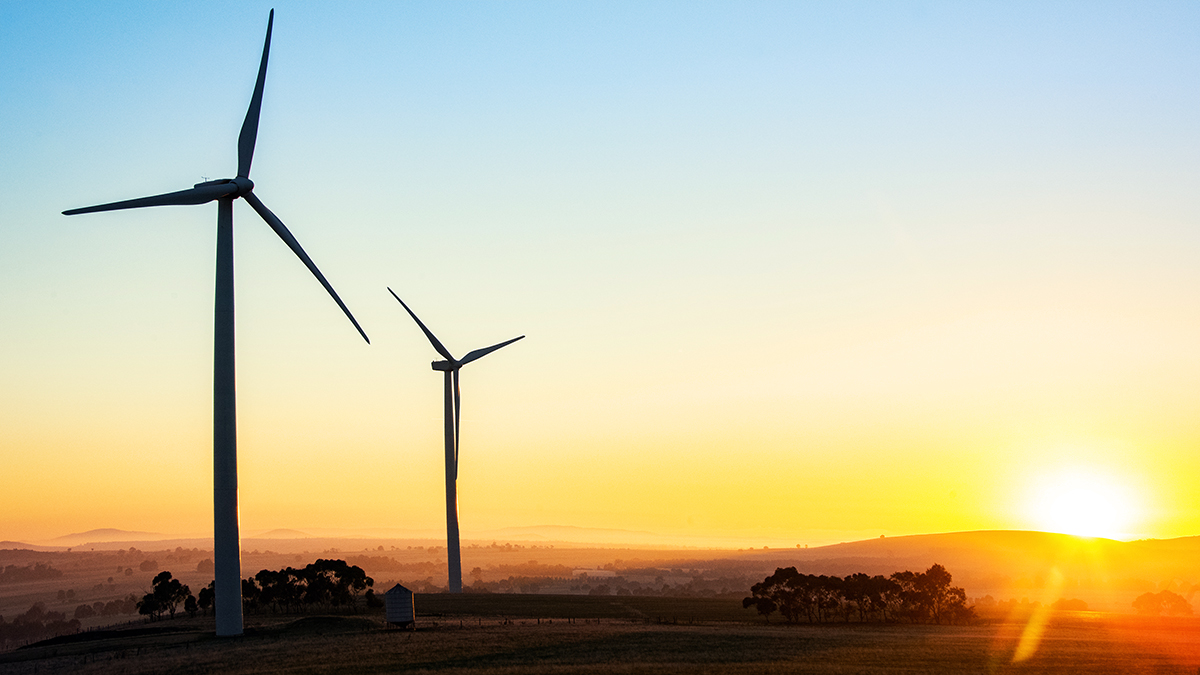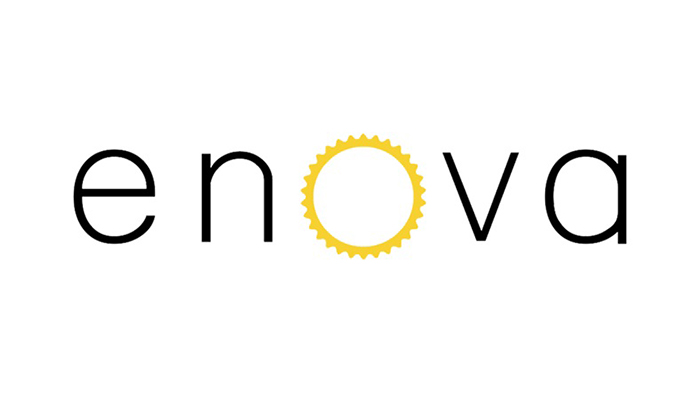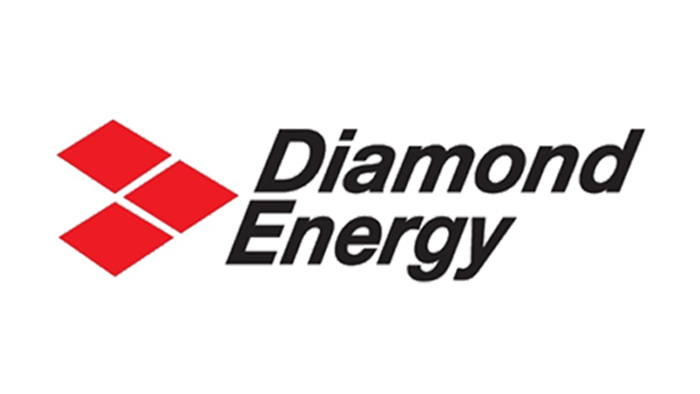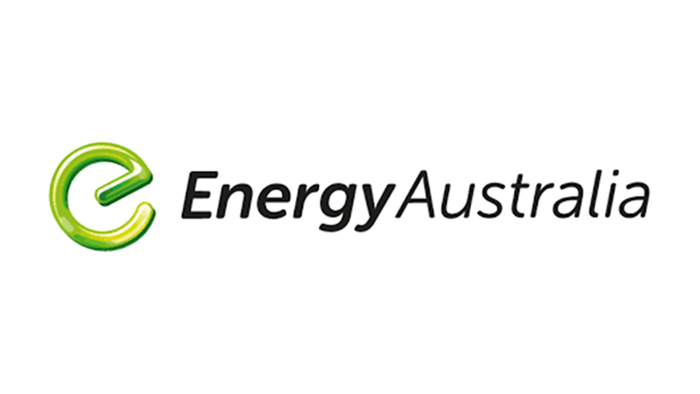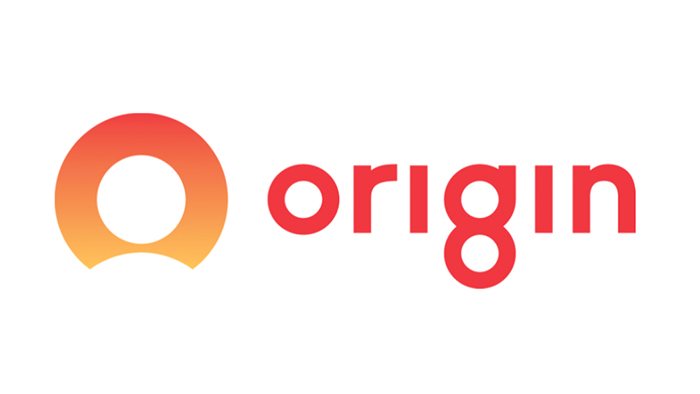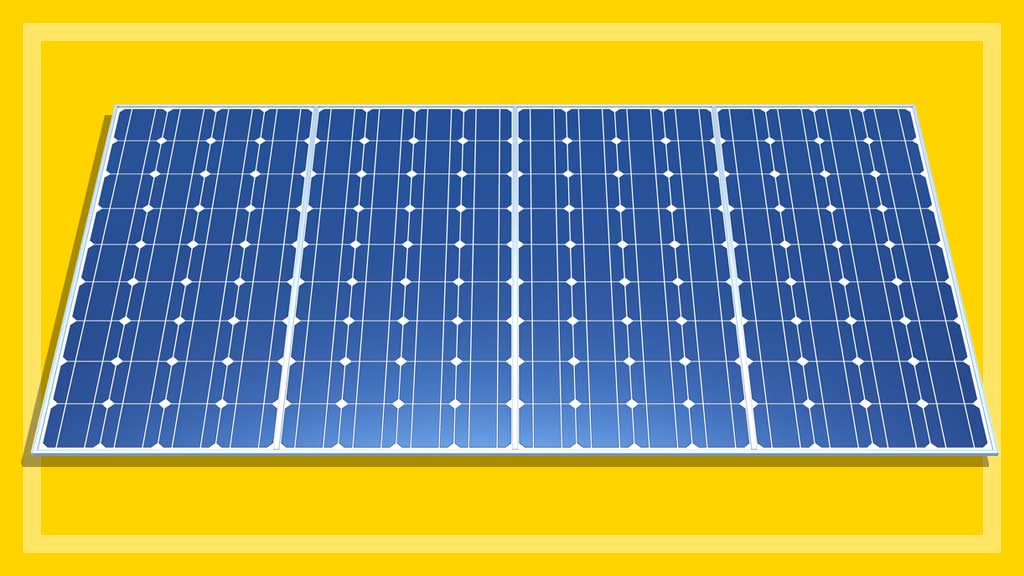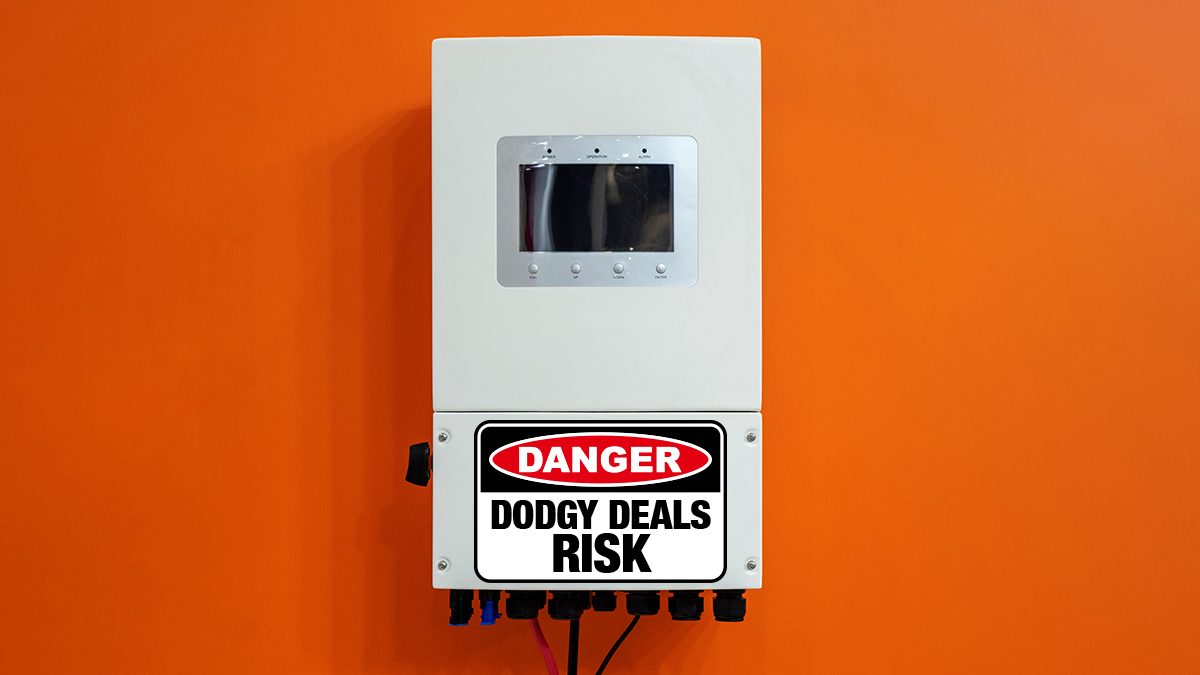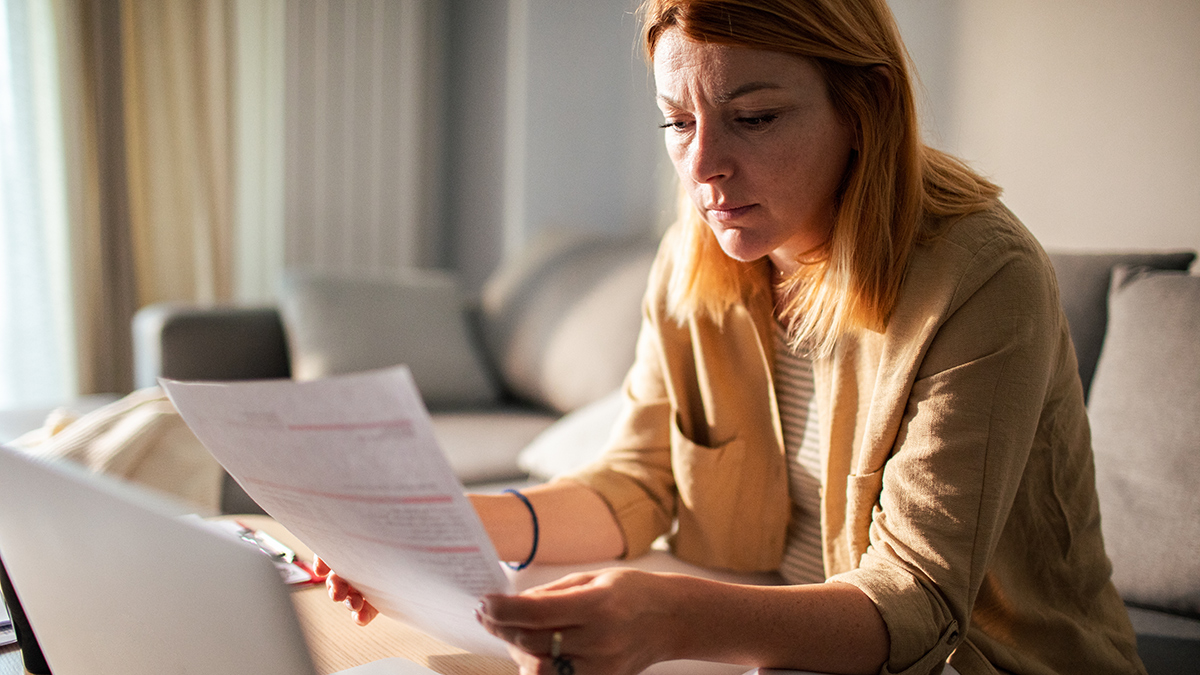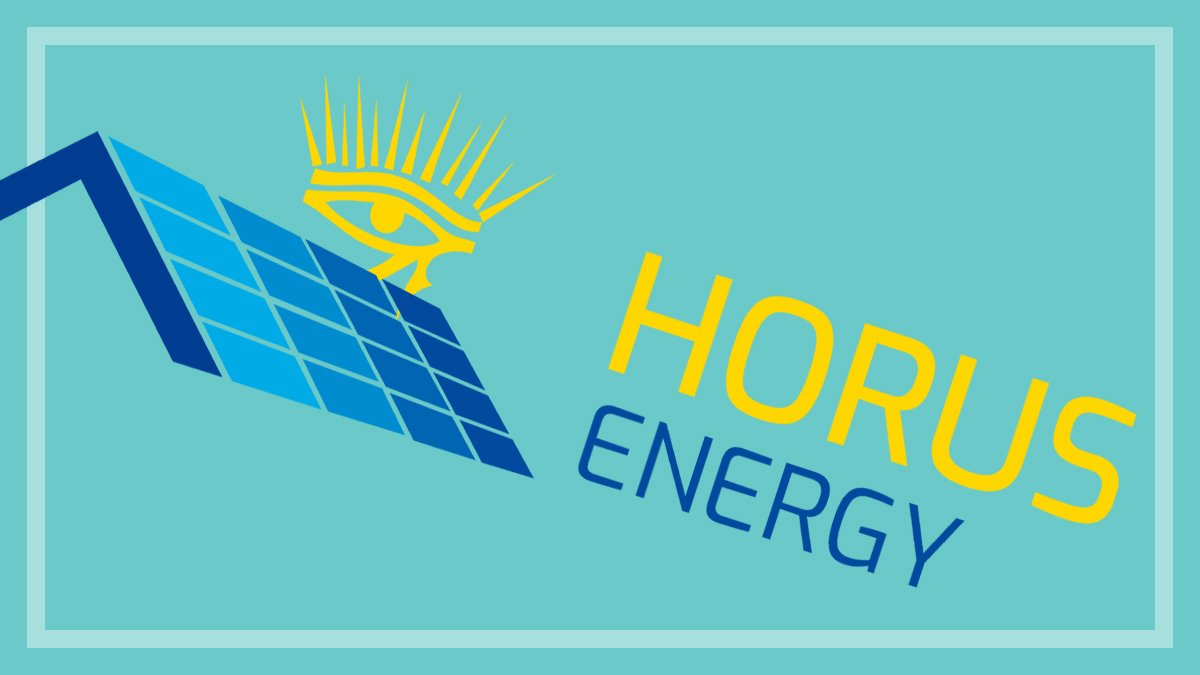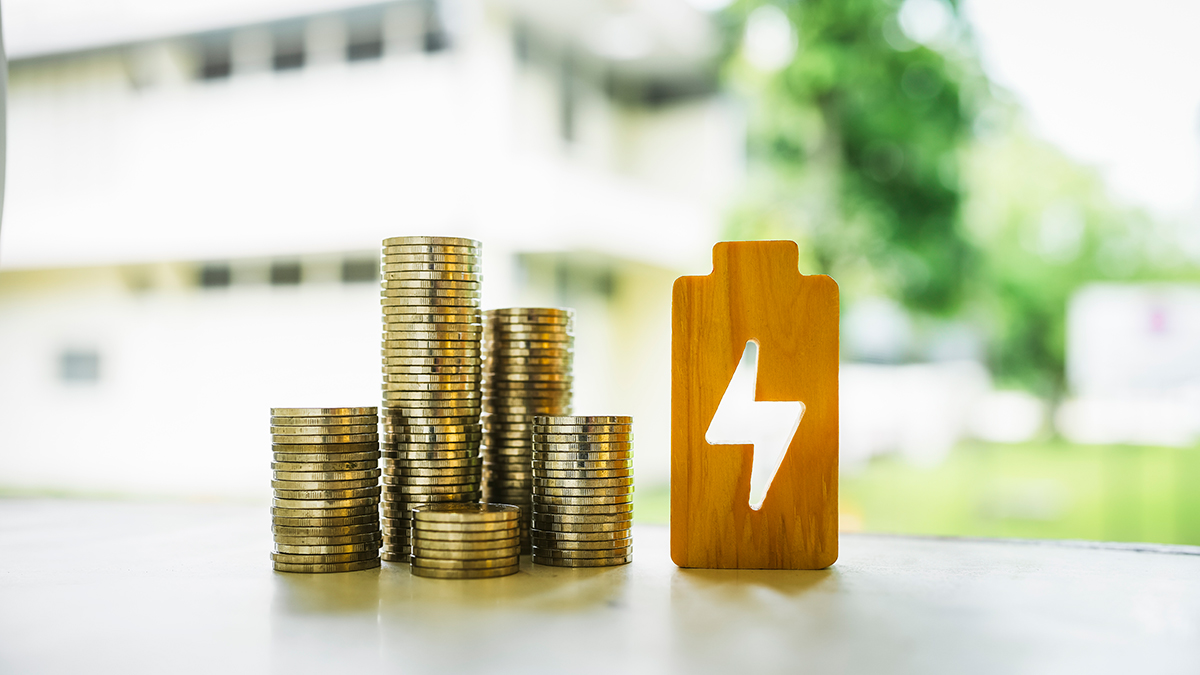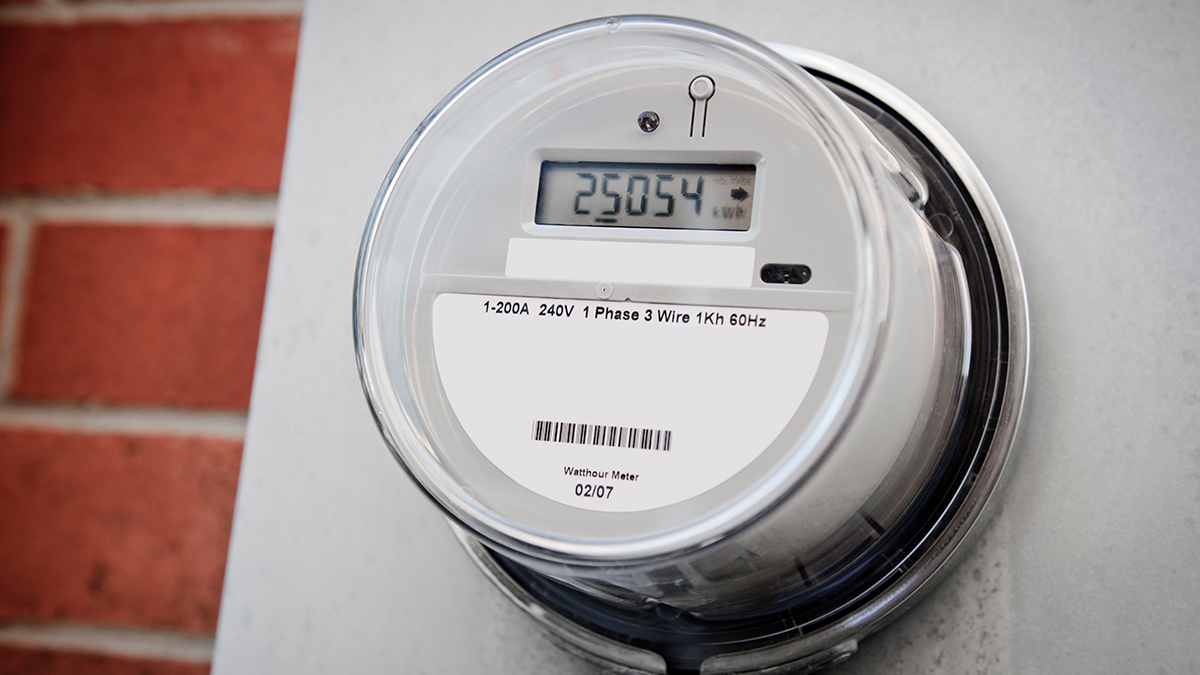How to find the best green electricity provider
How green is your energy retailer? See how Origin, AGL, EnergyAustralia and more rank.
Last updated: 24 Feb 2022
Electricity bills take a big bite out of household budgets and prices have increased over 100% since 2009 according to the ABS. At the same time, many consumers are looking for more sustainable energy options.
On this page:
With household electricity bills already averaging between $1200 and $1800 per year, dependent on your state, paying extra for a greener energy product may not be feasible for many people.
If you do want to support renewable energy and can afford it, the Green Electricity Guide will help you find Australia’s greenest electricity providers.
Greenpeace’s latest review compares and ranks 48 electricity providers according to their green credentials.
For the fourth release of the guide, small energy companies Diamond Energy and Enova Energy came out on top, and AGL plummeted to the bottom of the list.
On 21 June 2022 Enova Energy was placed into voluntary administration.
Customers have been advised that their electricity will not be disconnected and they will be transferred automatically to a new retailer. After the transfer, Enova customers can expect to be contacted by their new retailer to arrange payment arrangements moving forward.
What is GreenPower?
GreenPower, a scheme that’s accredited by the federal government, helps you support renewable energy generation. When you buy a GreenPower product from your electricity retailer, you’re paying for electricity produced by renewable power sources that meet a strict set of criteria for accreditation.
Participating in GreenPower is one way you can reduce your carbon footprint, but it can also substantially increase your energy costs. Based on figures supplied by Bill Hero, the surcharge to your normal power will cost you at least 10% more, but could be up to 50%, depending on what percentage of GreenPower you buy.
What is the Green Electricity Guide?
The Green Electricity Guide was developed by Greenpeace and the Total Environment Centre (TEC) as a resource for Australian consumers who want to support energy retailers with good environmental credentials.
Energy retailers are scored on:
- providing clean, renewable energy (35%) – how much dirty coal and gas they rely on
- ending coal use by 2030 (20%) – how much they’re helping to extend dirty coal use
- halting fossil fuel expansion (20%) – whether they’re mining fossil fuels or building new dirty power stations
- support for new renewable energy (15%) – whether they’re helping get new renewable energy into the system
- transparency in marketing (5%) – whether they’re upfront about where their electricity comes from or mask a dirty parent company
- pollution and environmental harm (5%) – whether they’ve breached environmental licenses or are buying electricity from companies that do.
The higher the total percentage score, the greener the retailer. This article summarises the results for 2022.
What’s new in this year’s Green Electricity Guide?
In 2022 the big three electricity retailers – AGL, EnergyAustralia and Origin – still supply about 61% of Australian households. But smaller retailers are snapping at their heels, and some have built their business models on green energy.
The ‘greenest’ of these – Enova Energy and Diamond Energy – are way ahead of the big three. And there are some reasonably new kids on the block – Energy Locals and Momentum Energy.
But the large energy retailers are gradually getting greener as well, with AGL and Origin committing to a long-term coal-free future. But this hasn’t improved their rankings, with all of the larger energy retailers only achieving one star.
The best green electricity providers
The two best performers are:
Enova Energy – 100%
Partners with Diamond Energy, who only generates renewable energy.
Good points
- Gives half its profits back to the community.
- Sources electricity via customer distributed solar panels.
- Not involved in fossil fuel extraction.
- Lower than average GreenPower surcharge.
Bad points
Diamond Energy – 100%
Relatively small, privately owned, Melbourne-based retailer. Diamond is involved with renewable projects.
Good points
- Only generates renewable electricity.
- Large investment in renewable energy.
- Active support for household solar.
- Not involved in fossil fuel extraction.
Bad points
- Higher than average GreenPower surcharge.
How do the biggest retailers compare?
While Origin Energy, EnergyAustralia and AGL have investments in some green initiatives, those investments are small compared to the money they’ve put into coal and gas generation. Origin Energy and AGL have also invested in coal seam gas (CSG).
For full results, see the 2022 Green Electricity Guide.
AGL – 12%
Publicly listed company that owns gas- and coal-fired power plants. AGL has invested extensively in wind farms and large solar plants, but has also invested in CSG.
Good points
- Strong support for new renewable energy.
Bad points
- Higher than average GreenPower surcharge.
- Australia’s biggest climate polluter.
- Plans to burn coal until 2048.
- Frequently causes local environmental harm.
- Mines coal as well as burning it.
EnergyAustralia – 14%
Foreign-owned private company. EnergyAustralia owns coal-fired power plants and is not clearly opposed to coal or CSG. However, EnergyAustralia also invests in wind farms.
Good points
- Good support for new renewable energy.
Bad points
- Poor marketing.
- Above average surcharge for GreenPower.
- Australia’s second-biggest climate polluter.
- Plans to burn coal till 2040.
- Frequently causes local environmental harm.
- Mines coal as well as burning it.
Origin Energy – 16%
Publicly listed company with more than 4.3 million customers. Origin owns coal and gas plants, but also invests in wind, solar and hydropower.
Good points
- Below average GreenPower surcharge.
- Good support for new renewable energy.
- Good transparency in marketing.
Bad points
- Australia’s fourth-biggest climate polluter.
- Plans to burn coal till 2032.
- Frequently causes local environmental harm.
- Pushes for major gas fracking expansion.
Where does your retailer buy its power?
The retailers that generate energy sell you some of it from their own power stations and they may also sell some to other retailers. They may buy from other power plants and through contracts with third parties. But these purchases are not public.
So, you could buy electricity from a retailer which owns renewable energy power plants, but some of the energy it provides could come from coal-fired power stations.
And some retailers don’t own power plants and buy all of their power from other retailers.
While retailers in the UK must make the “fuel mix” of all electricity sales available, Australian retailers aren’t required to do this.
Power-greening tips
The electricity sector is one of the dirtiest industries in Australia, with coal the main culprit.
If you want to go green and you live in WA, the NT, Tasmania or rural Queensland, where the energy market is regulated, you may still be able to choose a GreenPower option with your retailer.
In the ACT, NSW, SA, South East Queensland and Victoria you can choose a green retailer, but switching plans can be complicated.
Take these steps to reduce your carbon footprint:
- Reduce your energy bills by saving energy and installing insulation.
- Consider rooftop solar power.
- Choose the greenest retailer available.
Jargon buster: Energy terms explained
- Coal seam gas (CSG): This is gas extracted from coal deposits. To extract the gas, fluid is usually injected under pressure in the rock in a process called fracking. Some of the risks are unknown, but could involve gas escaping or chemicals entering the groundwater supply.
- GreenPower: GreenPower is government-certified renewable energy. Paying extra for GreenPower means that your retailer sources renewable energy to be added to the grid on your behalf.
Related
Matthew Steen is the Director of Reviews and testing, which conducts all the testing content for CHOICE. He has worked for CHOICE for more than 20 years, from customer service to testing and content production.
Matthew is driven to work at CHOICE for its mission, and the people that it attracts, from staff to members, all dedicated to making Australia more fair, safe and just.
Matthew represents CHOICE as a council member on the Standards Australia Council. He is also responsible for ensuring CHOICE stays carbon neutral.
Find Matthew on LinkedIn.
Matthew Steen is the Director of Reviews and testing, which conducts all the testing content for CHOICE. He has worked for CHOICE for more than 20 years, from customer service to testing and content production.
Matthew is driven to work at CHOICE for its mission, and the people that it attracts, from staff to members, all dedicated to making Australia more fair, safe and just.
Matthew represents CHOICE as a council member on the Standards Australia Council. He is also responsible for ensuring CHOICE stays carbon neutral.
Find Matthew on LinkedIn.
Uta worked at CHOICE from 1998-2024, finishing as a senior content producer with the money and travel team.
You can find Uta on LinkedIn.
Uta worked at CHOICE from 1998-2024, finishing as a senior content producer with the money and travel team.
You can find Uta on LinkedIn.

